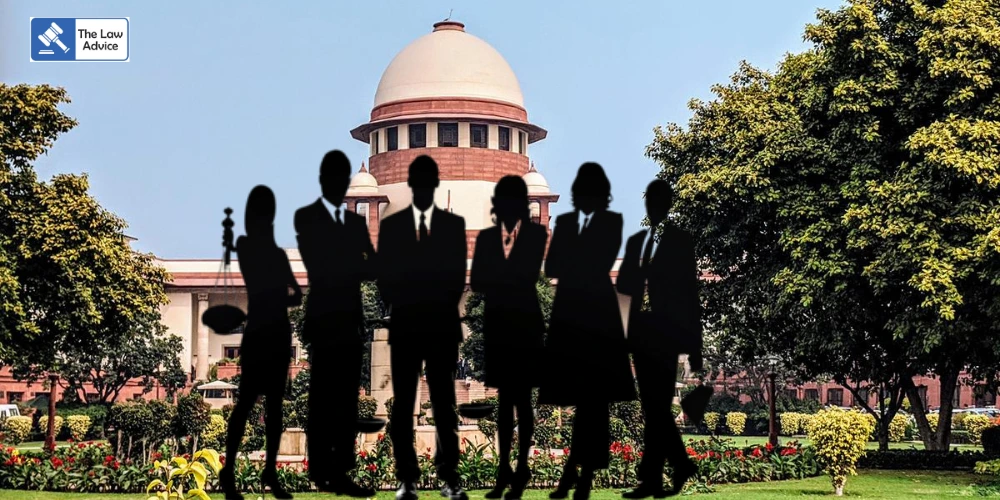
The Supreme Court has emphasized that for lawyers to effectively transition into the role of mediators, they must develop a different mindset and skill set — one rooted in listening, empathy, and constructive problem-solving, rather than adversarial argumentation.
A Bench of Justices P.S. Narasimha and Atul S. Chandurkar, while commending Senior Advocate Gaurav Agrawal for successfully mediating a four-decade-old civil dispute, observed that “it is inevitable” for lawyers to evolve as mediators in India’s justice ecosystem.
“If lawyers are to double-up and evolve as mediators, a development which we consider inevitable, they must cultivate a distinct set of skills and adopt a new attitude towards dispute resolution—one that diverges from adversarial litigation. The acquisition of these skills and mindset begins with revisiting certain traditional techniques and practices developed for argumentation,” the Court said.
The bench underscored that the fundamental principle of mediation is to listen rather than speak.
“Mediators speak by listening. The model of mediation that we envision for our country, which may be termed Swadeshi Mediation, involves transcending the binary often embedded in western approaches, where professionalism is separated from individual character. Goodness is an essential value—it is neither divorced from professionalism nor unattainable through power of will.”
The matter titled Raksha Devi v. Parkash Chand involved a prolonged dispute spanning nearly 40 years over agricultural land and immovable property in Himachal Pradesh. The litigation, which reached the Supreme Court in 2011 as a civil appeal, saw little progress until 2024, when the Court referred it to mediation.
Senior Advocate Gaurav Agrawal, appointed as mediator, took an unusually proactive and humane approach — personally traveling to Hamirpur, meeting both families, inspecting the disputed properties, and patiently facilitating dialogue and trust-building between the parties.
Eventually, both sides reached a consensual settlement and requested the Court to dispose of the appeal in accordance with the terms of the agreement.
Appreciating the mediator’s selfless efforts, the Court noted that the success of the mediation was rooted in empathy, simplicity, and sincere personal engagement rather than legal technicalities.
“We believe that the essence of dispute resolution lies in selfless endeavour which is at the core of harmonious living. This is precisely what transpired, as the mediator shed the argumentative skills and adversarial demeanor of a lawyer and embarked on a journey to Hamirpur to mediate the dispute between the parties,” the bench observed.
The Court held that mediation must be prioritized as a primary means of dispute resolution and encouraged the legal fraternity to embrace the art of persuasion, personal engagement, and emotional intelligence. It also urged lawyers to view mediation as an extension of justice — one that focuses on harmony, not victory.
The Supreme Court ultimately disposed of the appeal in line with the mediated settlement and ordered a decree to be drawn accordingly.
Website designed, developed and maintained by webexy